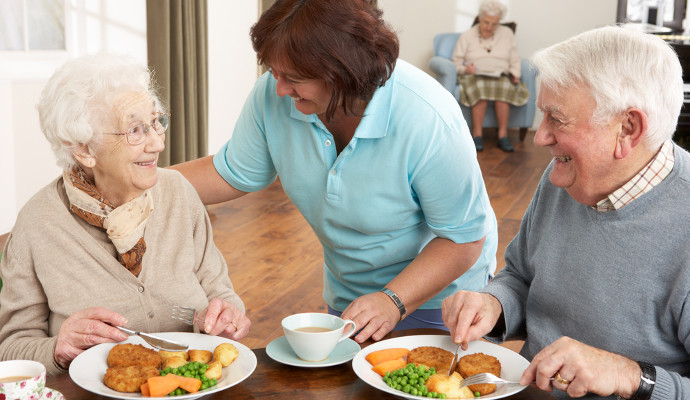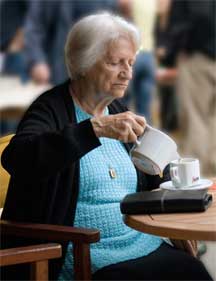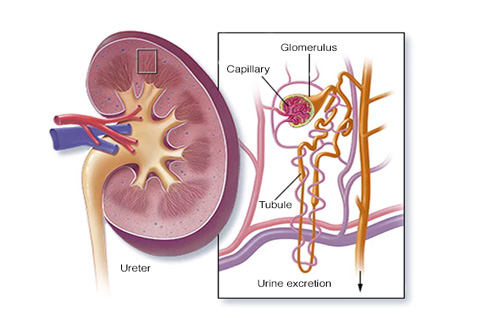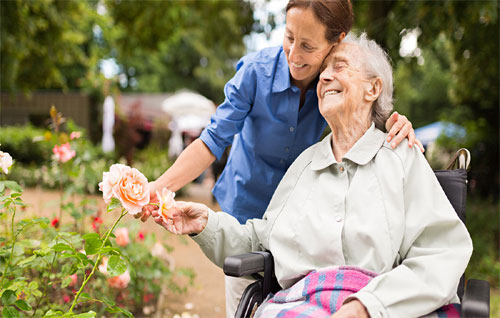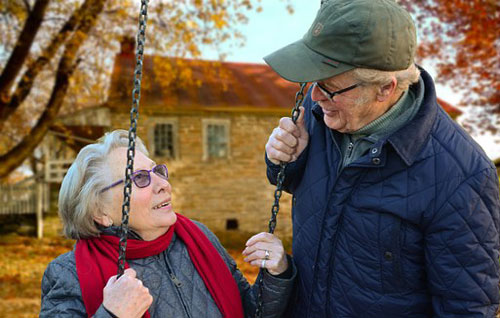Breakfast is often referred to as the most important meal of the day. This is especially true when it comes to seniors.
Glucose levels fall significantly during the night. This is noteworthy because the brain needs glucose to function properly. A lack of glucose means a person isn’t at their sharpest first thing in the morning. For older adults this can lead to falls and other mishaps.
Unfortunately, as we grow older, our appetites decrease. When seniors lose interest in food, it is more difficult to get the nutrition they need, and they may find themselves underweight. Further, as we age, our metabolism slows down, making it harder to maintain a healthy weight. This can interfere with the body’s ability to absorb vital nutrients, leading to malnutrition. On the other hand, eating a healthy breakfast leads to increased energy, a stronger immune system and steady blood sugar levels.
If you are noticing that your elderly parent won’t eat breakfast and is losing weight, Physicians Choice Private Duty has some suggestions:
- Add fortified milk to cereal, oatmeal and coffee to increase calories without adding extra items to your loved one’s plate.
- Crack some eggs. Eggs are packed with protein, keeping seniors feeling full. Eggs also are an excellent source of vitamin D which helps the body absorb calcium properly. Another benefit of eggs is that they are very easy to chew and digest.
- Experiment with new foods and ingredients. Taste buds weaken as we age so your parent may enjoy some new flavors.
- Keep ready-made, nutrient-dense smoothies in the fridge. Granola and protein bars also are good options because they are nutritious and don’t require a great deal of preparation.
- Always have fruit out on the table. Soft fresh fruits are an excellent source of fiber and vitamins. They also are easy to chew and can be added to cereal or oatmeal.
- Spread the butter. Underweight seniors without cholesterol issues will enjoy the taste of butter on muffins or toast and butter adds much-needed nutrients and calories.
It also is important to keep in mind that breakfast isn’t a one-shot opportunity. If your parent prefers to graze all morning instead of sitting down for one large meal that works, too. Instead of forcing your parent to eat a big breakfast when they protest, encourage them to snack on nutritious foods throughout the morning.
Of course, we all know that when a parent loses an interest in eating, it can mean more than a loss of appetite. Depression or sadness can play a part. In such cases, it helps to make breakfast a pleasant experience, regardless of what is on the menu. Help your loved one to come to see breakfast as a time to connect with others and the world. Talk to your mom or dad about old times. You also can discuss headlines from the newspaper or read articles out loud.
The more you get your parent involved with meal planning and preparation, the better. Have them set out the cereal bowls or get the coffee going. These small tasks will make them feel as if they have a purpose.
